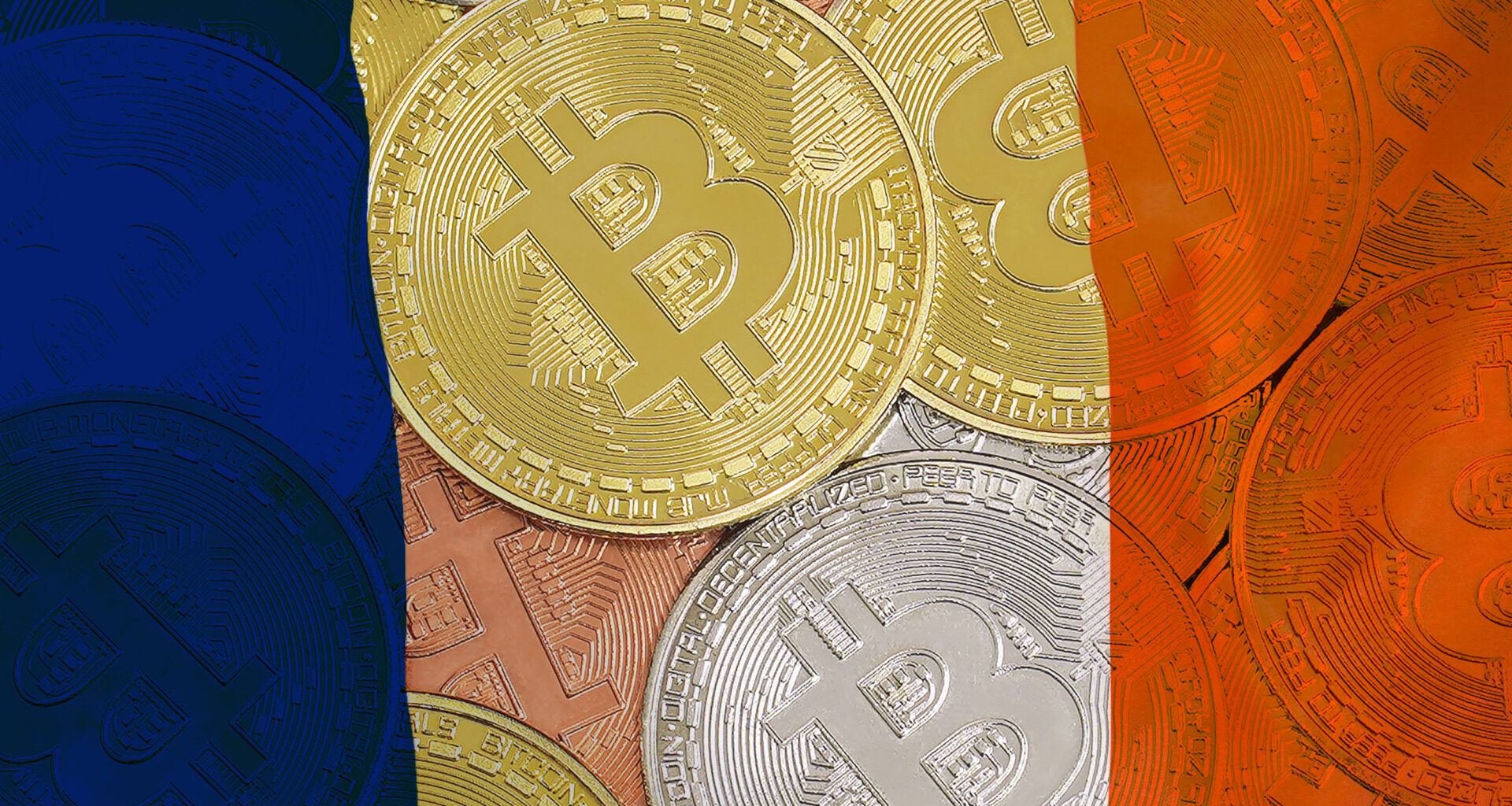Hayes believes the situation will force the European Central Bank (ECB) to engage in large-scale money printing to finance French debt or backstop banks.
He predicts this renewed quantitative easing would be bullish for Bitcoin (BTC), sending new capital into crypto.
Arthur Hayes, co-founder of BitMEX, believes France’s deepening fiscal shortfall is adding pressure on the European Central Bank (ECB) to return to large-scale money printing, a move Hayes argues would send new capital into Bitcoin (BTC).
Hayes is referring to the loss that the Banque de France posted earlier this year: €7.7 billion (AU$12.2 billion) for 2024, driven by negative interest income from high rate payments. That pushed France’s overall government deficit to €168 billion (AU$268 billion), or 5.8% of GDP, well above the EU’s 3% ceiling.
Related: Polish Parliament Advances Strict Crypto Market Regulation Bill
Speaking at Token2049, Hayes said France’s worsening position makes it the eurozone’s “weak link”, with capital already leaving the country. He warned that reduced US investment has left Germany and Japan (both France’s largest bondholders) less willing to finance its debt, forcing the ECB to fill the gap.
“Either the ECB prints now to keep France spending, or it prints later to backstop banks. In both cases, they lose control,” Hayes said, adding that the aggregate scale could reach “trillions of euros.” He called the prospect “another great thing for crypto.”
Another Potential Rally For BTC
Roughly 60% of French sovereign debt is held abroad, amplifying risks of outflows if foreign buyers retreat. Hayes said the combination of deficits, waning foreign demand, and structural dependence on external financing leaves few policy options aside from capital controls, restructuring, or money creation.
France’s growing gap raises the likelihood of renewed quantitative easing, under which the ECB would buy bonds and inject liquidity. Similar measures by the Federal Reserve and other central banks in 2020–2022 coincided with a sharp rally in Bitcoin.
Hayes recently talked about the state of the crypto market, stating that those who entered the market this year may be disappointed, while those who invested years ago are “laughing” at the current situation.
Related: UN Upgrades Pension System with Blockchain-Based Identity Verification
